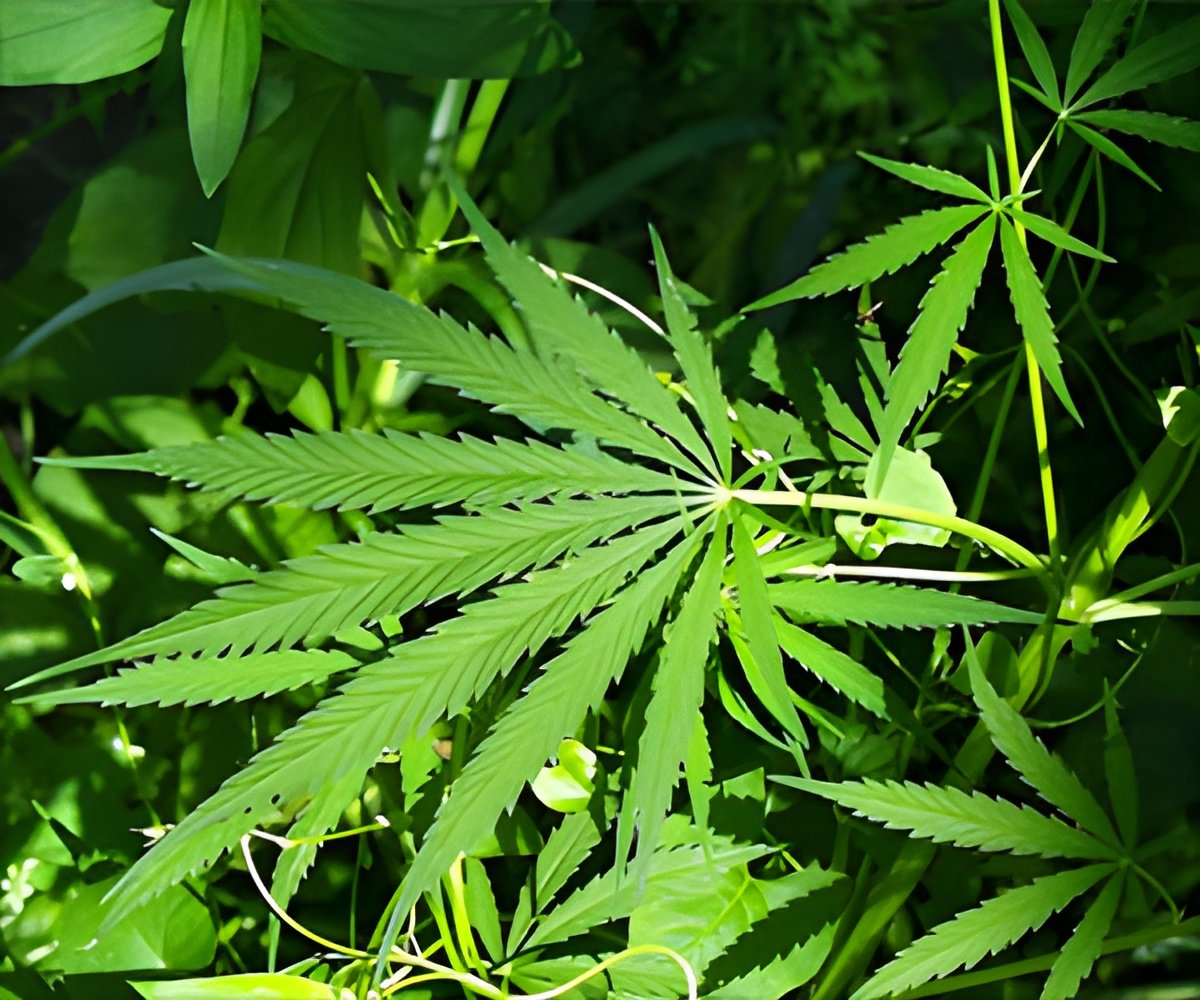Cannabidiol oil extracted from marijuana was associated with an improvement in mood, an effect independent of the extent of seizure reduction.

- Cannabidiol oil reduces the frequency and severity of intractable seizures in adults and kids with epilepsy.
- Cannabidiol is one among the 113 active cannabinoids identified in cannabis.
- There appears to be an optimal CBD dose range where the patient achieves maximum benefit.
The results were based on an open-label study of 81 patients — 42 children and 39 adults — who experienced four or more seizures per month. UAB launched the studies of CBD oil as a treatment for severe, intractable seizures in April 2015. The studies, an adult study at UAB and a pediatric study at Children's of Alabama, were authorized by the Alabama Legislature in 2014 by legislation known as Carly's Law.
After one month of beginning CBD therapy, 68 percent of the patients had experienced a greater than 25 percent reduction in seizure frequency; 58 percent had a greater than 50 percent reduction; 36 percent had a greater than 75 percent reduction and 9 percent were seizure-free. Those results were maintained at three and six months.
To assess seizure severity, researchers led by Jenifer DeWolfe, M.D., associate professor of neurology, used the Chalfont Seizure Severity Scale, a questionnaire given prior to therapy and re-administered at intervals throughout treatment.
Fifty-seven patients were followed for three months: 67 percent experienced a more than 50 percent decrease in seizure severity, while 33 percent did not. Of 47 patients followed for six months, 64 percent had a greater than 50 percent decrease in seizure severity and 36 percent did not.
"Our research adds to the evidence that CBD may reduce frequency of seizures, but we also found that it appears to decrease the severity of seizures, which is a new finding."
Reference
- Jerzy P. Szaflarski et al.CBD oil may reduce frequency and severity of epileptic seizures, according to UAB findings (2016)
Source-Medindia















